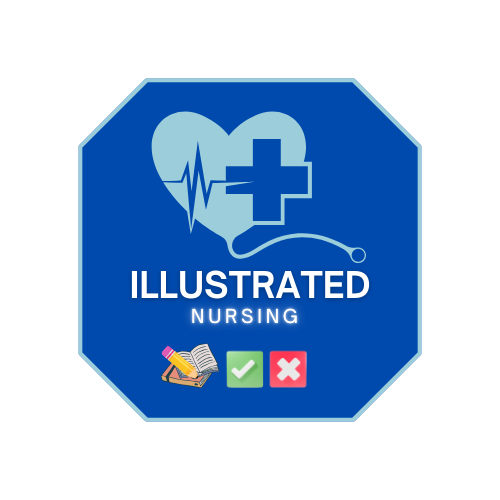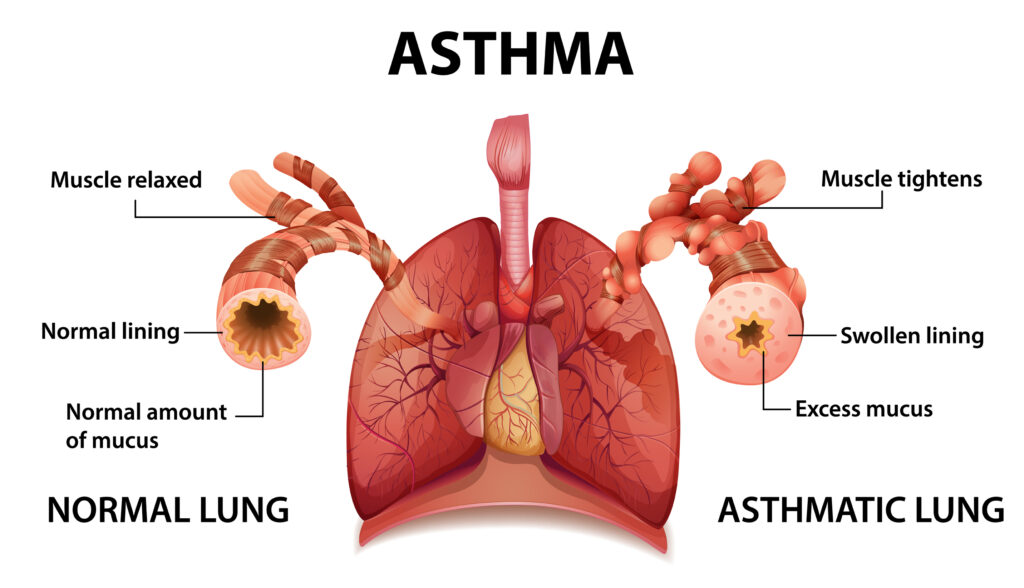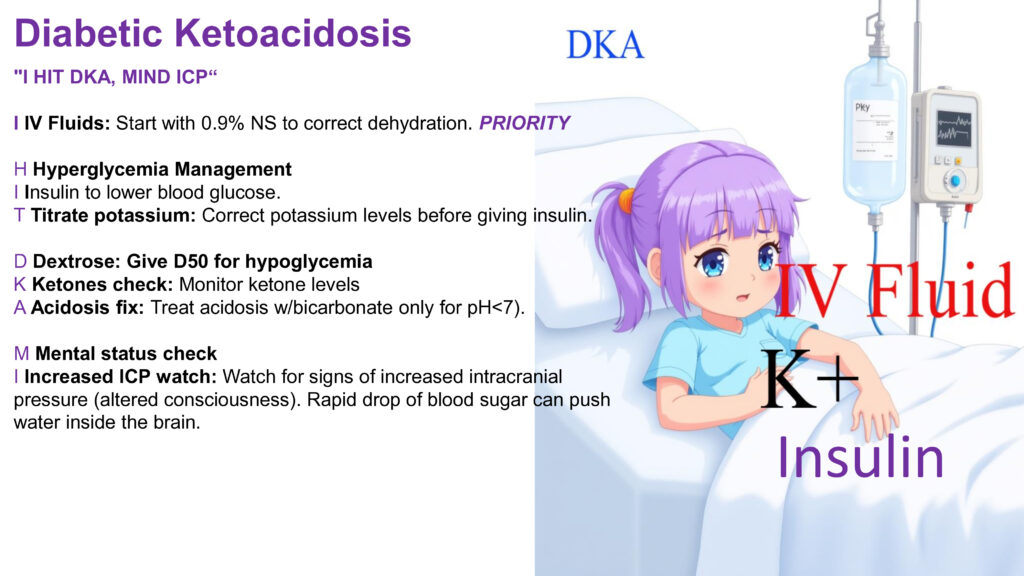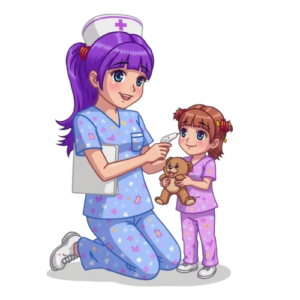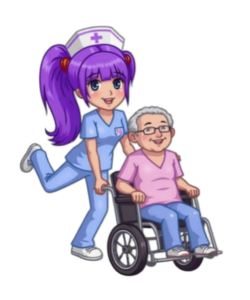Access essential information on the most frequently tested NCLEX topics.
Memorable NCLEX Material
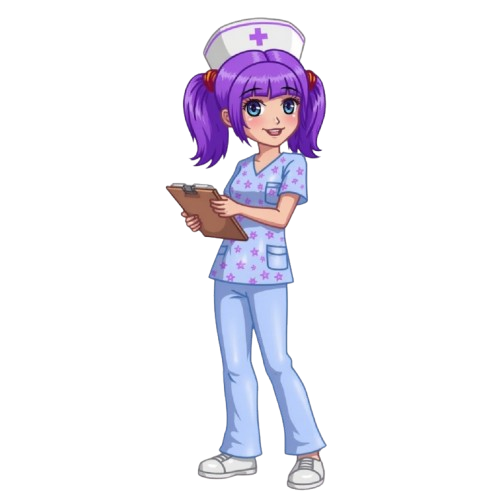
Learning should be fun and engaging. We use carefully chosen content and interactive activities. By taking a playful approach, we help students succeed in passing the NCLEX exam.
NCLEX Questions that focus on the most frequently tested NCLEX material
Explore the ideal way to study for the NCLEX
Focus on high-yield learning and don’t waste your time studying unnecesary material.
Browse
Explore our online NCLEX reviews which are the perfect fit for students at all levels.
01
Sign Up
Register to access and start your online NCLEX review effortlessly. We DO NOT charge recurrent fees or monthly subscription. You buy a one time access for 60 days. Only if you want to, you can renew your access.
02
Learn
Expand your knowledge on the most frequently tested NCLEX material, using an effective learning model that improves your critical thinking skills.
03
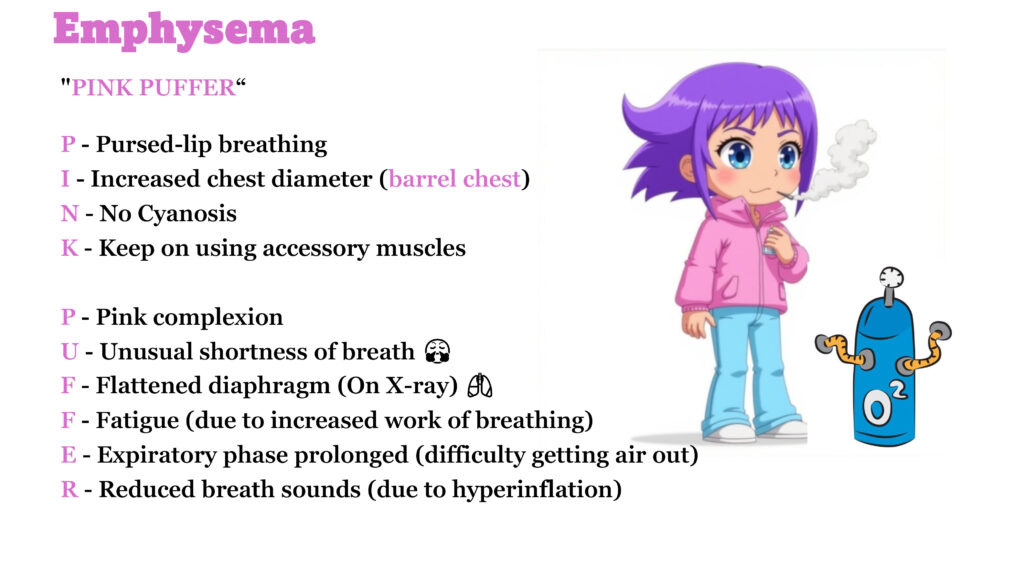
This is how we differ: Memorable Rationales!
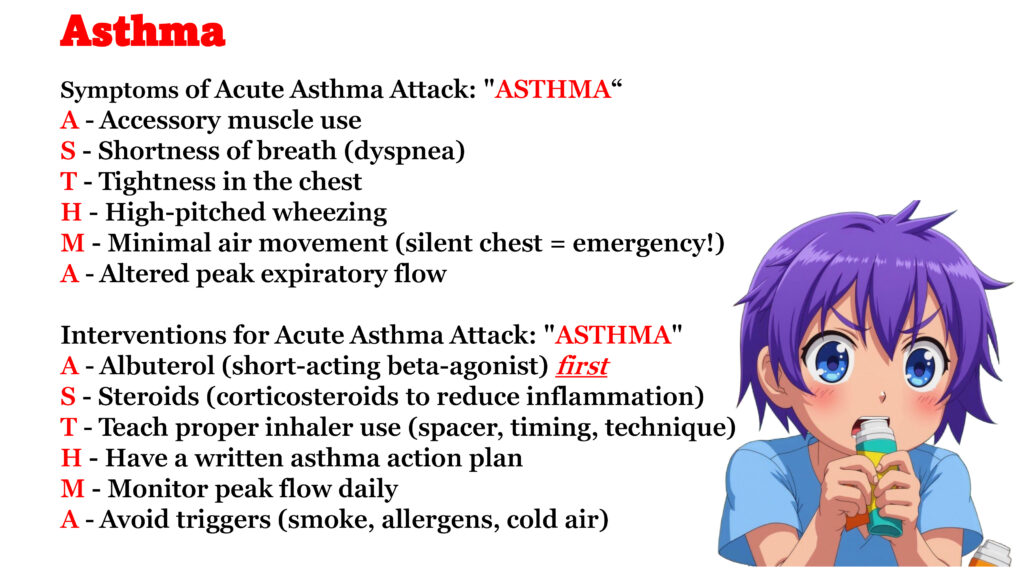
Study at any time, from anywhere...
- Qualified NCLEX content creators
- Simple enrollment
- Simple payment methods
- Available anytime, anywhere, 24/7
- Over 2,000 NCLEX Questions per Review
- No recurrent fees. You buy a one-time access only. Renew only if you want to.
- No automatic renewals

Active Reviews
Our NCLEX Reviews With Over 2,000 NCLEX Questions
NCLEX reviews and NCLEX questions that use the power of illustrations, mnemonics, and scaffolding to optimize the learning process.
Buy a one-time access. Secure Checkout.
Use high yield learning and pass the NCLEX
Take proactive steps to develop your critical thinking skills and learn the secret of answering NCLEX questions. Do not pay recurrent fees. Just buy a one-time access and renew only if you want to.
Nursing Interventions
Let us give you a list of common priority interventions that always show up on the NCLEX exam
Signs and Symptoms
Signs and symptoms you MUST know to pass the NCLEX exam
Prioritizing
Let us teach you how to prioritize like an expert nurse
Delegating
After our delegating lesson, these NCLEX questions will be the easiest
Next Gen NCLEX
Practice anwering Next Gen NCLEX Questions
Pharmacology
Study the drugs you MUST know to pass the NCLEX exam
Entertaining Illustrations
Join our family of 85,000+ nursing students who love our content and who study smart.
NCLEX-like Questions
NCLEX-like questions that prepare you to pass the actual NCLEX. Some are simplified versions of popular NCLEX reviews.
Focused Lessons
Lessons, from simple to complex, to build up knowledge and critical thinking. Strategies to help you remember commonly tested material.
Over 2,000 Questions
Our reviews offer over 2,000 questions about the most frequently tested content on the NCLEX exam. Yes, we focus on what you need to know.
Tyramine LOVES PAIRS
L – Liver (processed meats)
O – Old cheese (aged cheeses like cheddar, blue, and parmesan)
V – Vinegar-based foods (pickles, sauerkraut)
E – Extracts (yeast extracts like Marmite)
S – Smoked or cured meats (salami, pepperoni)
P – Processed soy (soy sauce, miso, tofu)
A – Alcohol (red wine, beer, aged spirits)
I – Improperly stored foods (spoiled or fermented items)
R – Ripe fruits (overripe bananas, avocados)
S – Seafood (fermented fish or shrimp paste)

Autonomic Dysreflexia
Mnemonic for Autonomic Dysreflexia
Pounding HEADS
P Pounding Headache
H Hypertension
E Excessive Sweating
A Anxiety/feeling uneasy
D Distended Bladder (Trigger)
S Skin Flushing (Above injury)

Autonomic Dysreflexia (AD) is a dangerous condition in people with spinal cord injuries (usually above T6) where a stimulus below the injury causes an overreaction of the autonomic nervous system.
Usually caused by a full bladder or fecal impaction
Focused-Learning
Famous NCLEX Priority Interventions
- Priority Action: Administer 15 grams of a fast-acting carbohydrate (e.g., 4 oz of juice, glucose tablets).
- Other actions: Recheck blood glucose in 15 minutes, repeat treatment if still low, and provide a complex carbohydrate snack once stable.
- Priority Action: Administer IV dextrose (e.g., 25-50 mL of D50) or IM glucagon.
- Other actions: Monitor blood glucose levels, ensure airway patency, and continue to monitor for improved consciousness.
- Priority Action: Administer MONA (Morphine, Oxygen, Nitroglycerin, Aspirin) with oxygen being the most immediate action.
- Other actions in ER: Monitor ECG, assess pain, obtain cardiac enzymes, and prepare for further intervention like percutaneous coronary intervention (PCI).
- Priority Action: Administer a short-acting beta-agonist (e.g., albuterol) via nebulizer or inhaler.
- Other actions: Administer oxygen, monitor oxygen saturation, assess lung sounds, and ensure IV access for further medications like corticosteroids.
- Priority Action: Administer IM epinephrine immediately.
- Other actions: Administer oxygen, antihistamines (e.g., diphenhydramine), corticosteroids, and fluids to maintain blood pressure.
- Priority Action: Initiate rapid assessment and prepare for thrombolytic therapy (if within the therapeutic window and no contraindications) as soon as confirmed with CT scan. In ER, take to CT scan within 20 minutes.
- Other actions: Ensure patent airway, obtain a CT scan to differentiate ischemic from hemorrhagic stroke, and monitor neurological status.
- Priority Action: Elevate the head of the bed to 30 degrees to promote venous drainage.
- Other actions: Maintain a quiet environment, limit suctioning and straining, and administer osmotic diuretics (e.g., mannitol) if prescribed.
- Priority Action: Prepare for needle decompression to release trapped air in the pleural space.
- Other actions: Administer oxygen, monitor for signs of respiratory distress, and prepare for chest tube insertion.
- Priority Action: Support BP with fluids. Initiate broad-spectrum antibiotics after obtaining blood cultures.
- Priority Action: Encourage deep breathing, coughing, and use of the incentive spirometer.
- Other actions: Administer oxygen, reposition to improve ventilation (e.g., high Fowler’s), and assess for signs of atelectasis or pneumonia.
- Priority Action: Administer beta-blockers to reduce heart rate and prevent cardiovascular collapse. Choose beta-blockers in thyroid storm versus antithyroid medications. Beta-blockers work faster.
- Other actions: Administer antithyroid medications (e.g., PTU), cooling measures for hyperthermia, and IV fluids for dehydration.
- Priority Action: Elevate the head of the bed. Dangle legs. Administer IV antihypertensives (e.g., nitroprusside, labetalol) to reduce blood pressure.
- Other actions: Monitor for end-organ damage, assess neurological status for stroke signs, and ensure continuous blood pressure monitoring.
- Priority Action: Administer diuretics (e.g., furosemide) to reduce fluid overload.
- Other actions: Administer oxygen, position the patient in a high Fowler’s position, and provide morphine if needed for vasodilation and anxiety.
- Priority Action: Administer magnesium sulfate to prevent seizures.
- Other actions: Monitor for magnesium toxicity, assess deep tendon reflexes, implement seizure precautions, and closely monitor blood pressure.
- Priority Action: Administer IV fluids using the Parkland formula to maintain fluid balance.
- Other actions: Monitor urine output to ensure adequate perfusion, maintain airway patency (especially in facial burns), and prevent hypothermia.
- Priority Action: Monitor for signs of tetany (e.g., Chvostek’s and Trousseau’s signs) and administer calcium gluconate if necessary.
- Other actions: Keep tracheostomy equipment at the bedside in case of airway obstruction, monitor for laryngeal stridor, and assess for hypocalcemia symptoms.
- Priority Action: Prepare for immediate surgery.
- Other actions: Administer IV fluids, maintain NPO status, administer pain medications cautiously, and avoid applying heat to the abdomen (as it may cause rupture).
- Priority Action: Administer naloxone to reverse opioid toxicity.
- Other actions: Monitor respiratory status, assess consciousness, provide oxygen, and prevent aspiration. Important: Naloxone is the priority, not oxygen. Oxygen is useless if not breathing.
Albuterol is the priority in acute asthma
Take 1 puff at a time. Wait 1 minute between puffs.

Press down on the inhaler while inhaling deeply and slowly
Common side effects are nervousness and tachycardia
Use before exercising
In an asthma attack, diminished or absent breath sounds means that the airways are closing: Major concern!
Famous mnemonics
Let's Play!
Our Goal
Is this your first time taking the NCLEX? Have you failed before? Are you a foreign student? Try our fun NCLEX reviews that focus on the content that is most frequently tested. Don’t waste time with unnecessary material. Don't waste your money with reviews that charge your card month after month. Buy a one-time access and renew only if you want.
Play & Learn
Common NCLEX priority interventions. Pair the problem with the priority intervention.
Pass the NCLEX
Our NCLEX lessons and quizzes offer essential knowledge and teach critical thinking skills to help you pass. Our quality content comes with a built-in study plan. Start your journey to success today! We take complex questions from other sources and turn them into games to help you remember material.
What others are saying
I recently passed my NCLEX exam. Illustrated Nursing was awesome. It surpassed my expectations. It was very convenient and thorough.
FAQ
One lesson at a time. Let knowledge build itself up in your brain. Let critical thinking develop as you go through the content from simple to complex.
Yes! Take advantage of our current low price!
Unfortunately, we do not give refunds. We have sample lessons to give you an idea of the quality of the content before you subscribe.
Contact us at illustratednursing@gmail.com
